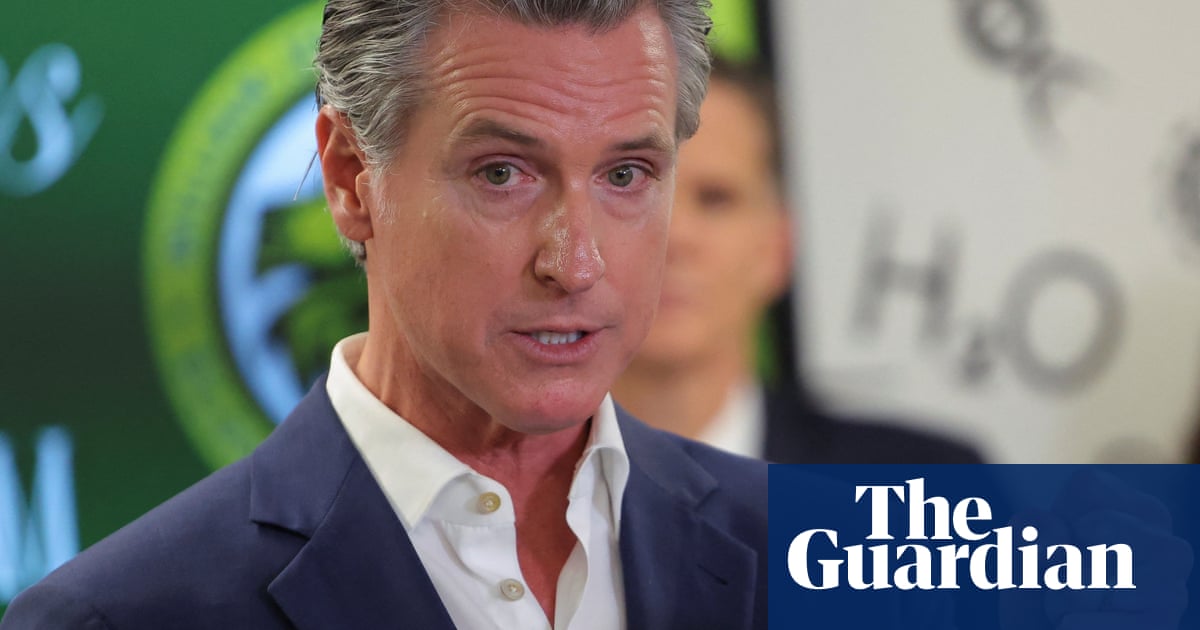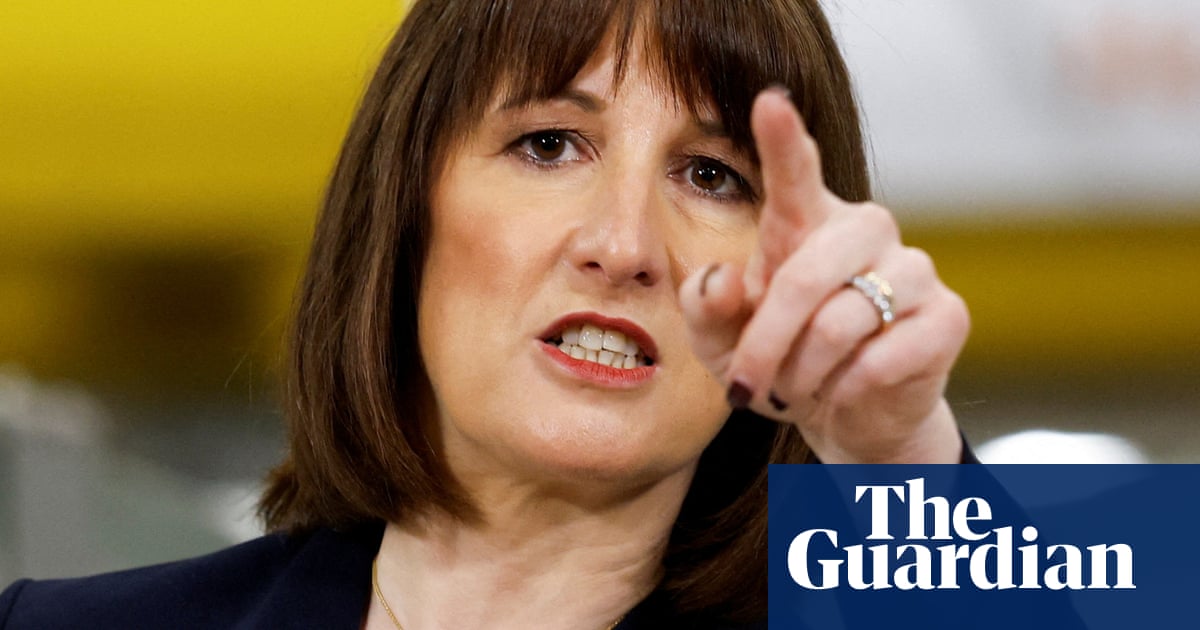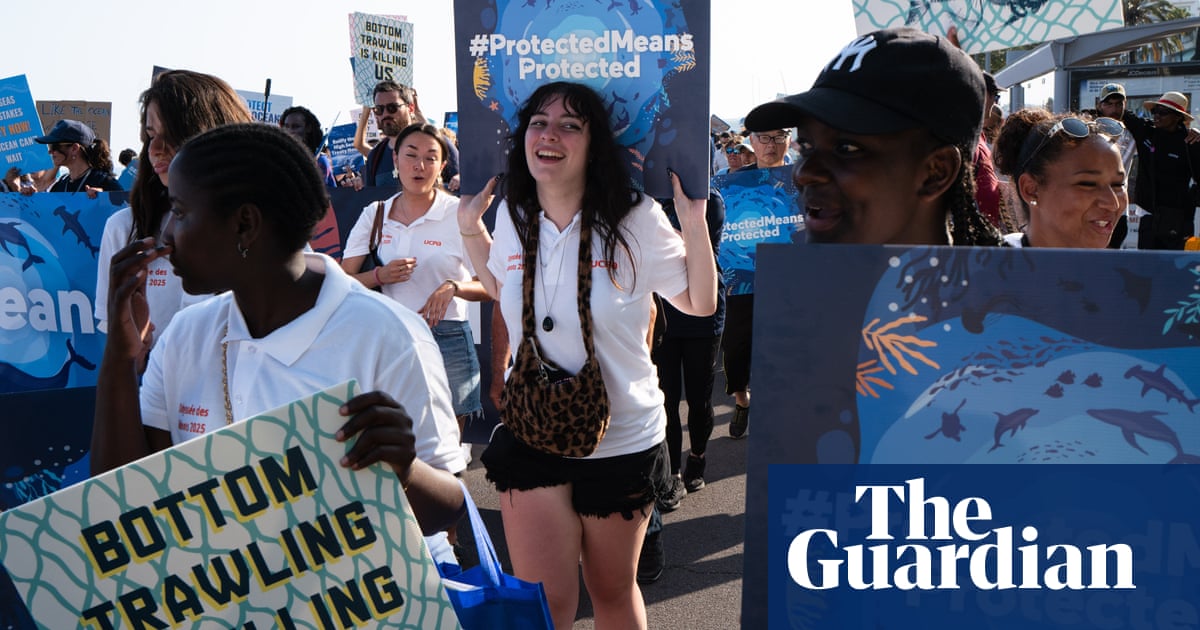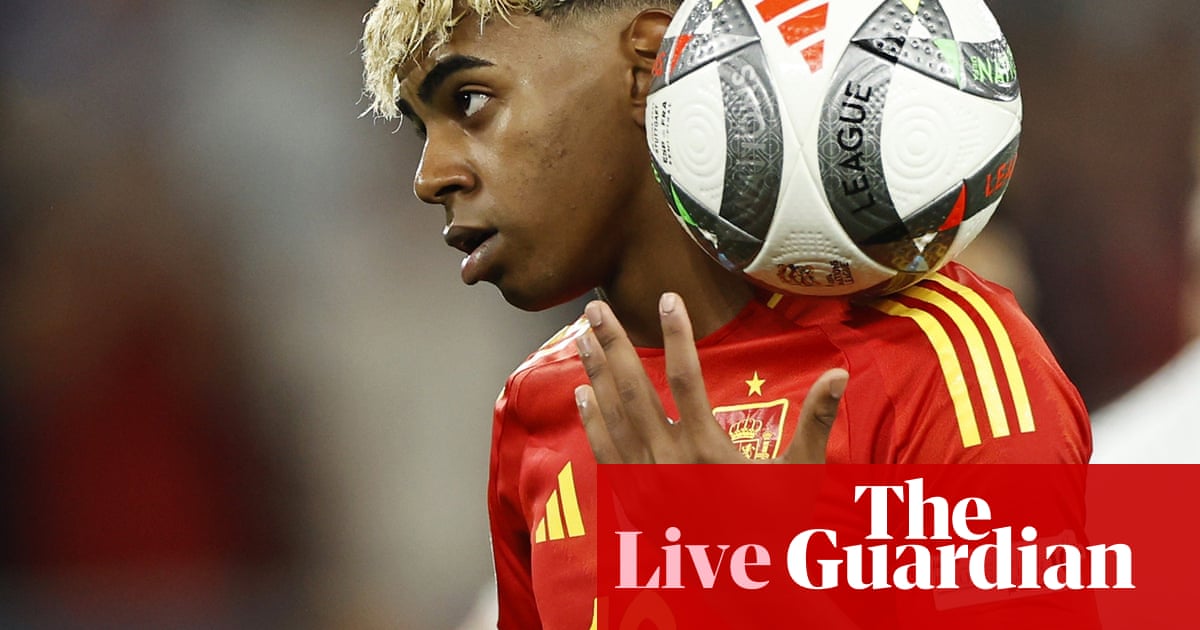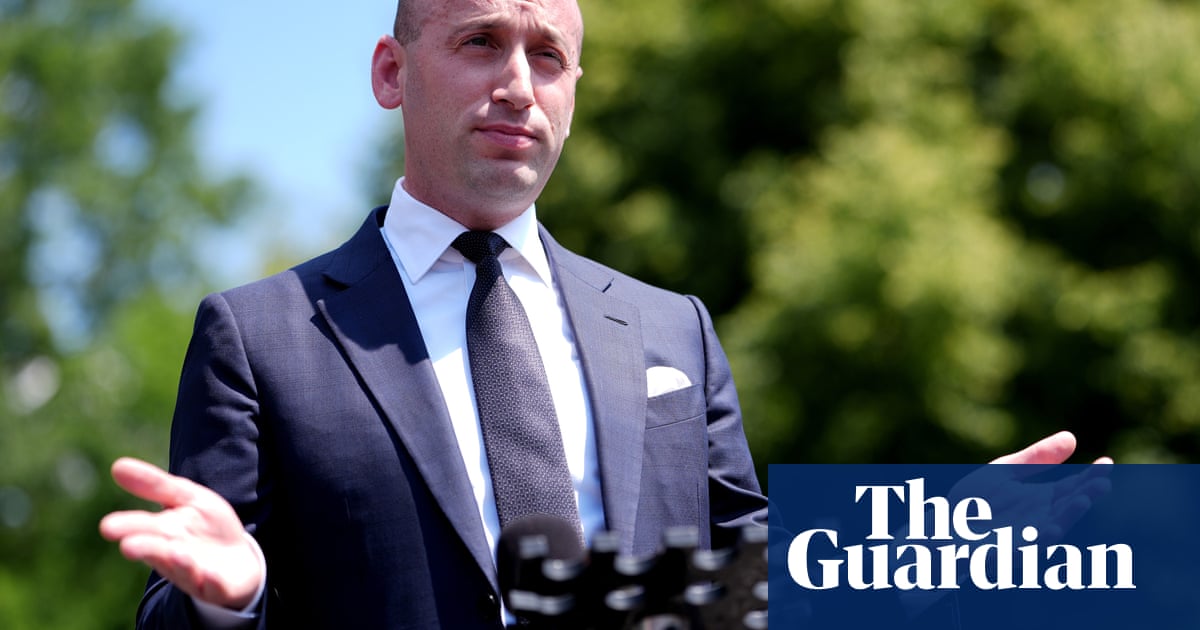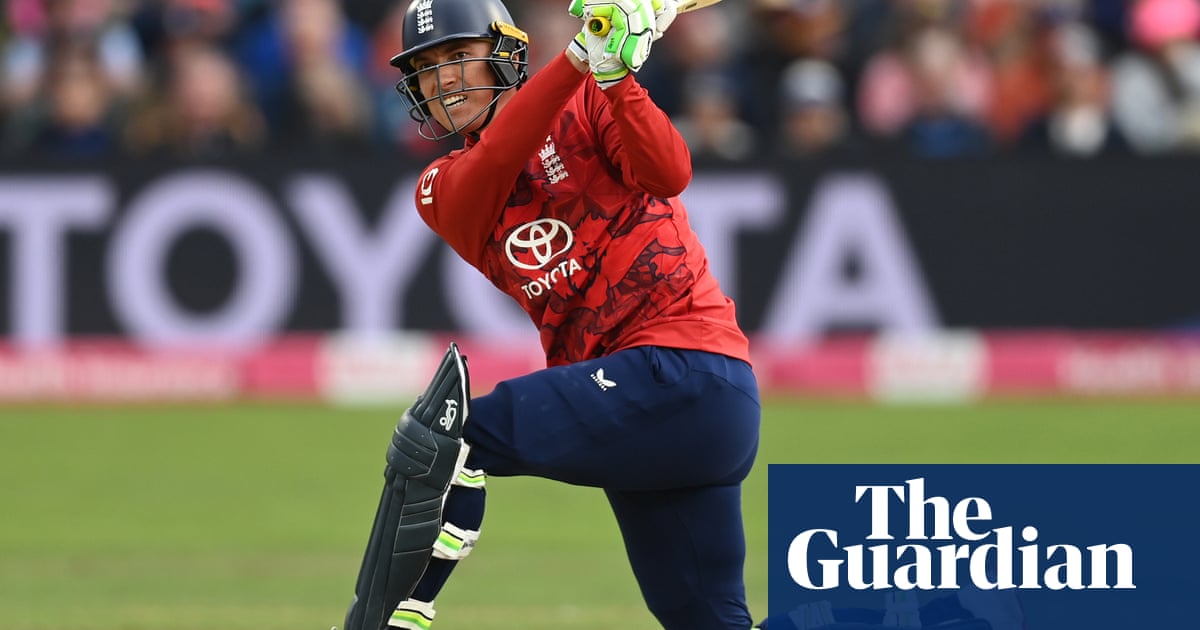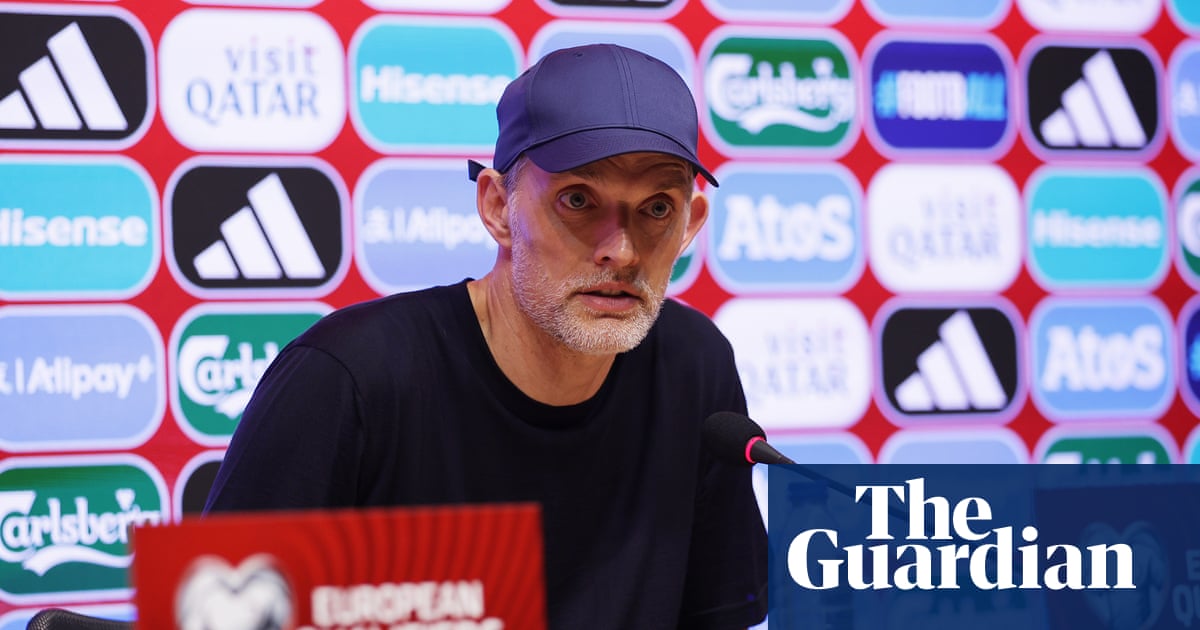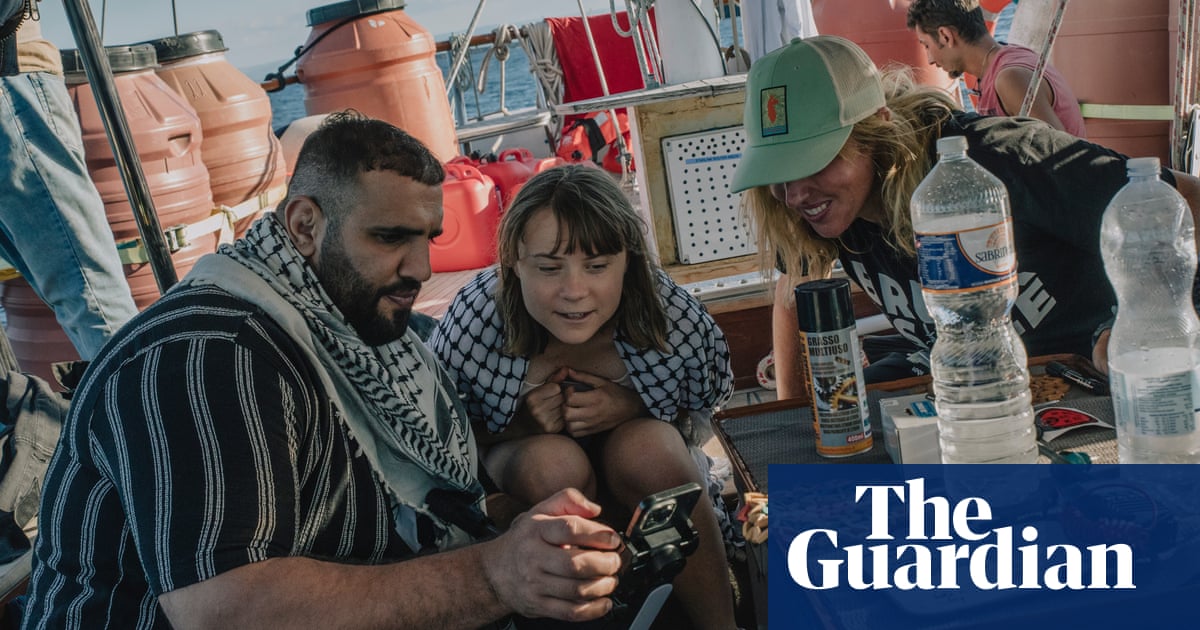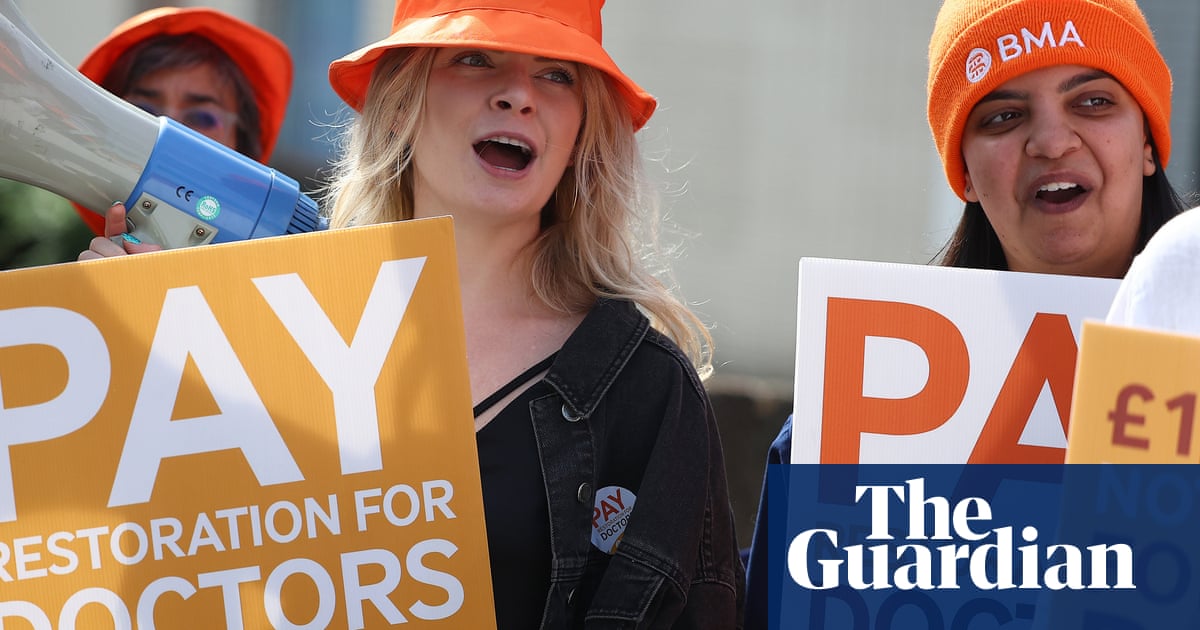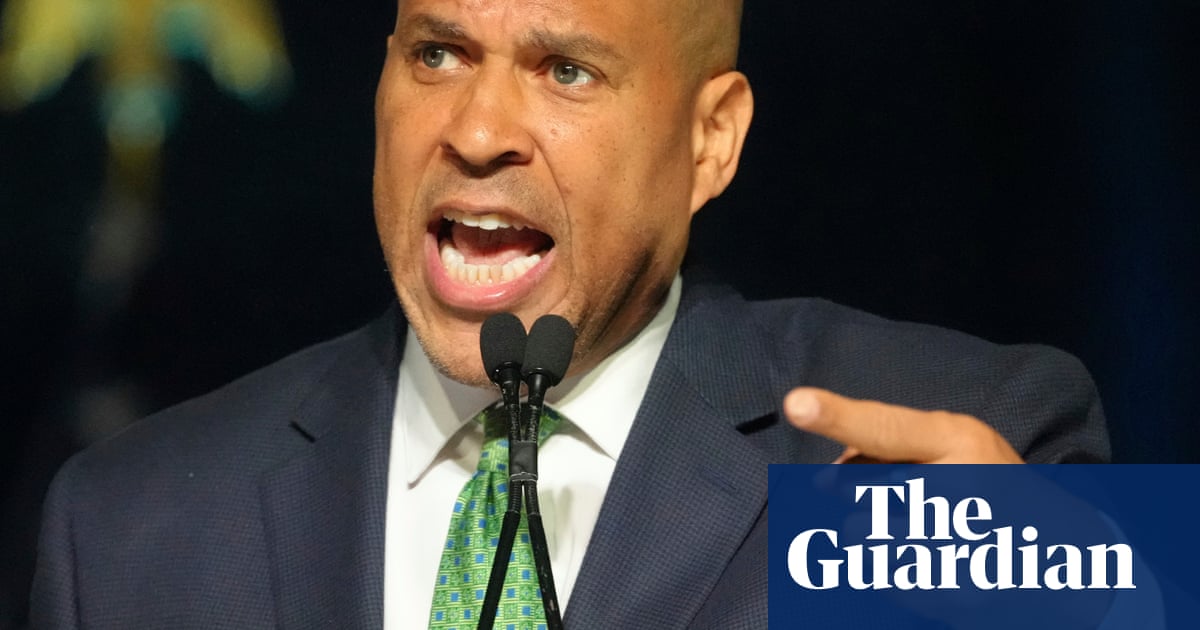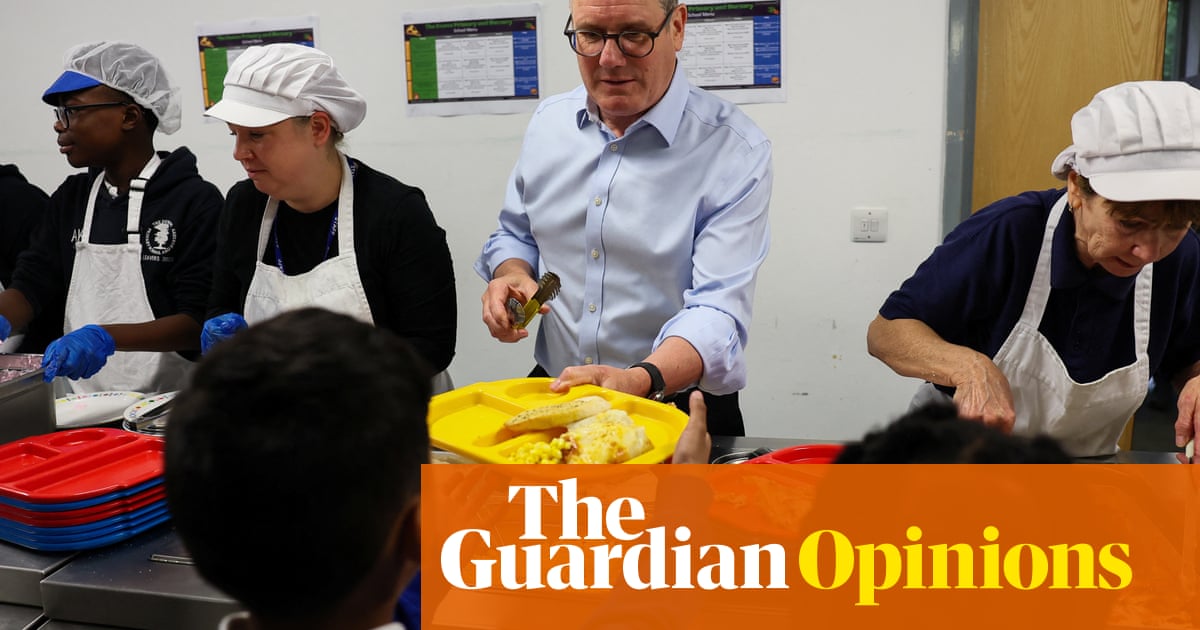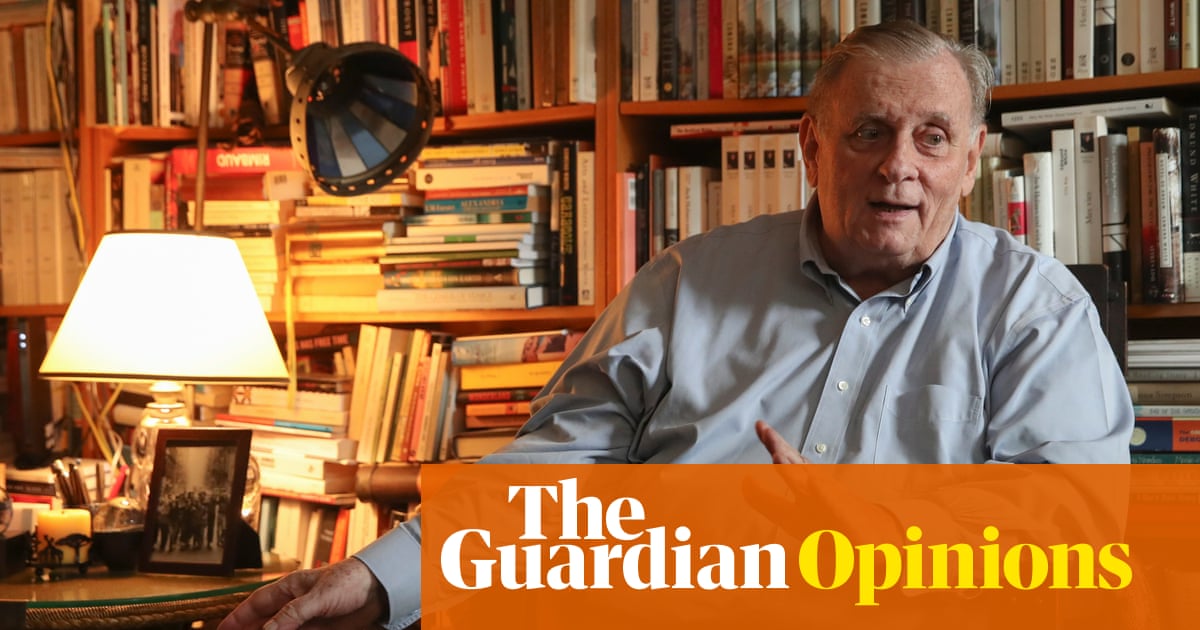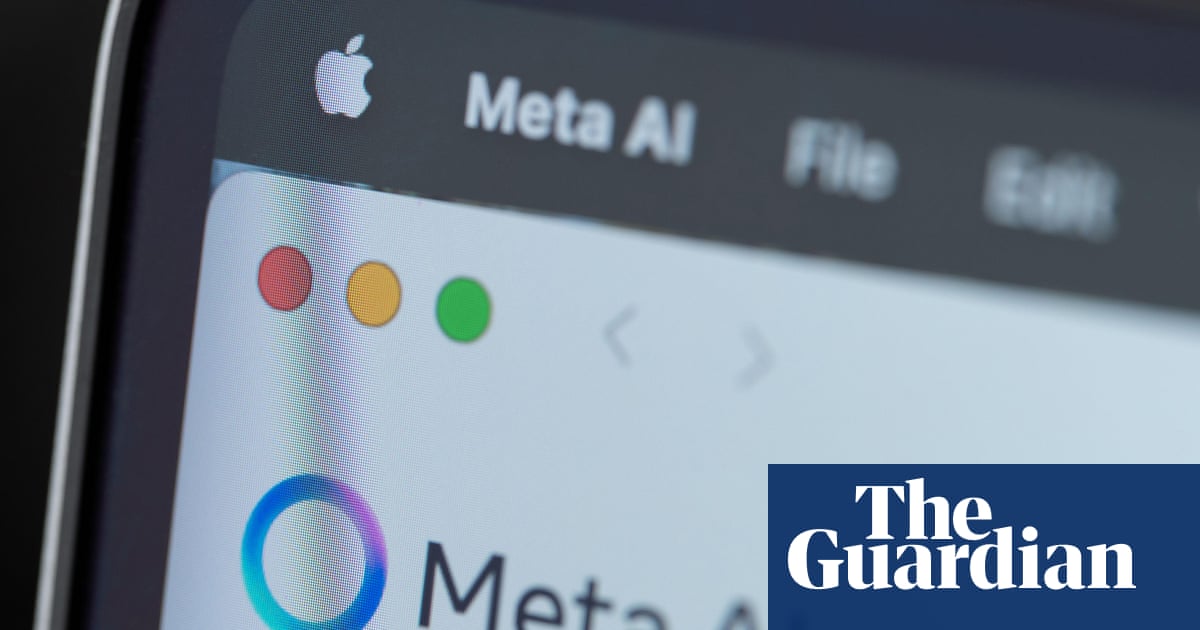The Trump administration did not take red lines on Ukraine to its talks with Russia in Saudi Arabia on Tuesday: it cares about the bottom line. The secretary of state, Marco Rubio, underscored that when he said the two sides would create a team, not only to support Ukraine peace talks but also to explore the “incredible opportunities” to partner with Moscow geopolitically “and, frankly, economically” that might result.
Kyiv and other European capitals are still reeling at the full extent of Donald Trump’s cynicism when it comes to world affairs, and callous disregard for the people caught up in them. But it should be no surprise that business dealings were high on the agenda. Vladimir Putin would dearly love to end his country’s economic isolation. Russia is making the case that American energy firms and others could profit handsomely by doing business with it again.
For Mr Trump, his two key interests – money and power – are not only interrelated but fungible, just as US goals and his personal interests often appear indistinguishable to him. (This is a man who launched his own cryptocurrency token days before returning to the White House, and as he sought to ease regulation of the industry).
When he talks of the future of Ukraine or Gaza, he speaks not of human rights and security, lives and homes, but of laying US hands on $500bn of minerals and a “big real-estate site” respectively. He believes in cutting deals, not making peace. At the heart of his foreign policy team is Steve Witkoff, not a diplomat but a billionaire real-estate developer and golf buddy. Mr Witkoff was first appointed as Middle East envoy and then dispatched to negotiate with Moscow. The head of Russia’s sovereign wealth fund, Kirill Dmitriev, was also in Riyadh – while Ukraine and European allies have been denied a seat.
Mr Trump’s merging of wealth and strength were obvious even before he took office the first time. He suggested he could use Taiwan as leverage with China on issues including trade. John Bolton, who became his national security adviser, later said (though Mr Trump denied it) that the president pleaded with China’s leader, Xi Jinping, to ensure he would win the next election, “stress[ing] the importance of … increased Chinese purchases of soybeans and wheat in the electoral outcome”.
Mr Trump’s Middle East policy is not only pleasing to his evangelical Christian supporters. His repugnant proposal to ethnically cleanse Palestinians from Gaza, allowing the construction of an American-owned “Riviera”, is shocking but in many ways builds upon ideas long held by businessman friends as well as Israeli settlers. His son-in-law, Jared Kushner, a former real-estate developer charged with overseeing Middle East policy in Mr Trump’s first term, suggested last year that Gaza’s “waterfront property” could be “very valuable”. (Saudi Arabia’s sovereign wealth fund, incidentally, became a major investor in Mr Kushner’s private equity firm after he left the administration.)
Volodymyr Zelenskyy tried to capitalise on Mr Trump’s economic transactionalism by offering access to Ukraine’s resources, notably minerals, in exchange for security. He got Mr Trump’s attention – but the terms of the resulting US demand make it look less like diplomacy than extortion. The US president prices up everything and knows the value of nothing. Others must now endeavour to show him that his plans will not come as cheaply as he believes.
-
Do you have an opinion on the issues raised in this article? If you would like to submit a response of up to 300 words by email to be considered for publication in our letters section, please click here.

 3 months ago
58
3 months ago
58
